A conversation on racial disparities and criminal justice
Dr. Alex Gee, Carl Fields and Alex Lindenmeyer participate in a Wisconsin in Black & White roundtable about racial disparities in the criminal justice system and ongoing work to address their impacts.
By Murv Seymour | Here & Now
September 20, 2023
VIDEO TRANSCRIPT
Editor's note: If you have watched this or any other Wisconsin in Black & White report, please share your feed back in a survey at pbswisconsin.org/wibw-survey. Thank you.
Murv Seymour:
We continue our reporting on race and the criminal justice system in Wisconsin. We are here at Short Stack Eatery in Madison, and we are joined by the owner of Short Stack Eatery, Alex Lindenmeyer, and we've also got Dr. Alex Gee of Nehemiah's "Justified Anger" project, and Carl Fields, who is with EXPO, which stands for Ex Incarcerated People Organizing, and he's also representing Wisdom, a faith-based group that operates out of the state of Wisconsin. Alex, I wanna start with you. You mentioned, during our pre-interview, that you felt like Wisconsin business owners could do more to help impact the disparity that we see in the criminal justice system. What do you think they can learn from some of the things that you're doing here? And I'd love to hear what you guys have to say about it, too.
Alex Lindenmeyer:
People that are justice-involved have so many things that they're dealing with. So employers need to internally start having the conversation about what the criminal justice system even looks like now. If you're not justice-involved, or you don't have a family member, or you don't have an employee that's justice-involved, it's designed on purpose for you to not care, for you to not know. And so employers really need to get educated internally about what's going on and what these barriers are that people are up against, and then figure out how they can set up support systems within their culture and within their organization to make sure people get what they need.
Murv Seymour:
Yeah, we know that you purposefully hire folks that do have barriers. Carl, how does that help folks that are transitioning?
Carl Fields:
To know that there are companies that are sticking to what society intended for criminal justice to be is huge, and that is tangible to say, "Yeah, "oh, you paid your dues, come on. "We, not only will we like to work with you, but we'd be honored to "because you got something you wanna show, you got something you wanna prove." And we're also creating opportunities that that's a real job, you know, opportunity to give to somebody who is really in need of that.
Murv Seymour:
And Doctor, your organization runs a re-entry program?
Dr. Alex Gee:
It does; it does.
Murv Seymour:
And how do you see businesses being able to impact things?
Dr. Alex Gee:
If we want to attract large businesses to this community, where again, there's low unemployment, we have to help people who are in this community, wanting to work, willing to work, to become employed. So one of the things that we do through our re-entry program is we help to find jobs for men and women, particularly men, with our programming, to find jobs, you know. My vice president for re-entry, a gentleman named Anthony Cooper, has placed over 1,000 men over the past eight or nine years. That's significant because when you come out of prison, and you have stable employment, you can have stable housing, which means you can live a stable life in the community, and it drastically reduces the temptation to recidivize. So we have a responsibility to our own state's economy and to the well-being of good people. We need them in order for our economy to be stronger in this community.
Murv Seymour:
I would love to hear what you folks think are some of the biggest challenges facing our criminal justice system.
Carl Fields:
You know, when we talk about, you know, alternatives to whether it be a deferment program through the court on pretrial, or during incarceration, or post-incarceration, those programs, those options that come up are always met with a zero margin of error. And that is so problematic to me because the current system and what it produces is not held to any sort of standard on that level, but in fact, does have a low effectiveness rate. But we can't seem to take some chances to try something else because it's not politically advantageous always. It's not classy; it's not sexy.
Murv Seymour:
What role do you think our federal government and our state government, what role do you think they play in affecting the criminal justice system here in the state?
Dr. Alex Gee:
I think that these governmental agencies need to really own up to the fact that this criminal system is really producing what it was designed to produce, this ugly, ugly cycle. It needs to be called out and dismantled so we can build something that's equitable and that really does rehabilitate.
Carl Fields:
The history of how systems were built and what they were built for, that plays out, continues to play out even to this day, a hundred-plus years later, and that is a weight on any person who enters the system. As an ex-knucklehead myself, turned professional, I messed up in life, I made some poor choices, but no one anywhere in the criminal justice system told me that felonies were gonna be forever. I've seen that the barriers just continue, seen that no matter what I do or how much of a great effort I put forward, society's still allowed to socially acceptably mistreat me.
Dr. Alex Gee:
You could buy someone a house and send them to college for what it costs, you know, at least put a down payment on a house, for what it costs to incarcerate. So what are we really trying to do? We have the money; why are we locking people up when we could use resources or redirect them to really help people out of a hole?
Murv Seymour:
I learned, in my reporting, the term "crimeless revocations." I'd love to get you to, you know, let our viewers know what it exactly means and how it leads and feeds the pipeline to prison.
Carl Fields:
The working definition of a crimeless revocation is placing a person into prison or placing a person back into incarceration for not having committed a new crime, but for a technical violation or rules violation of some kind.
Dr. Alex Gee:
The way that plays out specifically is perhaps you bought a car and didn't get it cleared with your agent.
Alex Lindenmeyer:
Yeah, you used a computer.
Dr. Alex Gee:
You used a computer. You got married and didn't ask for permission. I know that those are some extreme things, but I know folks who have feared for their lives or their freedom for doing things just like that. But just think about this, the crazy numbers, to Alex's point, of people in prison are folks who have returned on technicalities.
Alex Lindenmeyer:
We look at states like Oregon, we look at states like Washington, that are putting huge dollars into programs of figuring out how to get parents things they need while they're locked up, figuring out how to get families reunited while folks are locked up, figuring how to get families that have somebody locked up the resources they need. And our state has a lot of catching up to do, for sure.
Dr. Alex Gee:
Minnesota has a comparable demographic to Wisconsin, but they don't incarcerate nearly as much as we do. It really is big business. That's not just cliché; it's really big business.
Murv Seymour:
Another learning process I went through in this reporting is I learned about language, and I learned that I'm guilty of saying some things that, you know, aren't humanizing people. How important is the language of incarceration?
Carl Fields:
When we're talking about felons or convicts or inmates, you know, last I checked, I was a person, and I continue to be that. And so person-first language is something that we've been driving on in this work that we do for quite some time.
Dr. Alex Gee:
It's the language that helps us to reinforce barriers. "This person can't be trusted, I don't want you around my family, you can't come to my church, you can't work at my job," so it begins with even the language. And again, what it conjures in our minds about what this person is capable of, but when you use those terminologies, you don't really think that they're really ex or former. It's just you did some time, but you're still in that same place, and that's why we keep that same title. We just put ex in front of it.
Alex Lindenmeyer:
I have employees that go to UW who are 19 and white, and I have employees who are 45 on paper, and we have some disparities, some differences, and if we actually wanna figure out how to make this a safe place for everybody to work, it's a lot of internal conversation about things like, "Hey, you can't say convict, you can't say felon, here's why." We gotta figure out how we got here. I can preach at you all this stuff about the lingo and the language, and why it's ineffective or what have you, but until people have a basis or an understanding of how we ended up here, it's a moot point.
Murv Seymour:
And Dr. Gee, how do we get all Wisconsinites to get vested on this?
Dr. Alex Gee:
I don't even know if that's my expectation, but if I can have an impact on employers and their new employees, or individuals who want to make a difference. When you invest in people who wanna make a difference, you trust in a ripple effect. But I've learned that if I want to live a healthier and longer life, I can't keep beating my head against the wall for people who wanna argue these points. I need to take the time to invest in people who wanna be allies, who wanna speak out, and who want to make sure that everyone has judicial justice in their lives. And so I try to invest in the people who want to be a part of the change and hope that, at some point, we will have an impact on Wisconsin, but I don't go after the whole state. I just try to really work with the people who want to get it.
Murv Seymour:
We're gonna have to leave it there. Thank you all for being here; Dr. Gee.
Dr. Alex Gee:
My pleasure.
Murv Seymour:
Mr. Fields.
Carl Fields:
Sir.
Murv Seymour:
Alex Lindenmeyer, on behalf of PBS Wisconsin and our crew, we appreciate you for providing a space for us to have this important conversation.
Alex Lindenmeyer:
My pleasure.
Murv Seymour:
And we thank you folks for joining us, too.
Editor’s note: If you have watched this or any other Wisconsin in Black & White report, please share your feed back in a survey at pbswisconsin.org/wibw-survey. Thank you.
 Passport
Passport




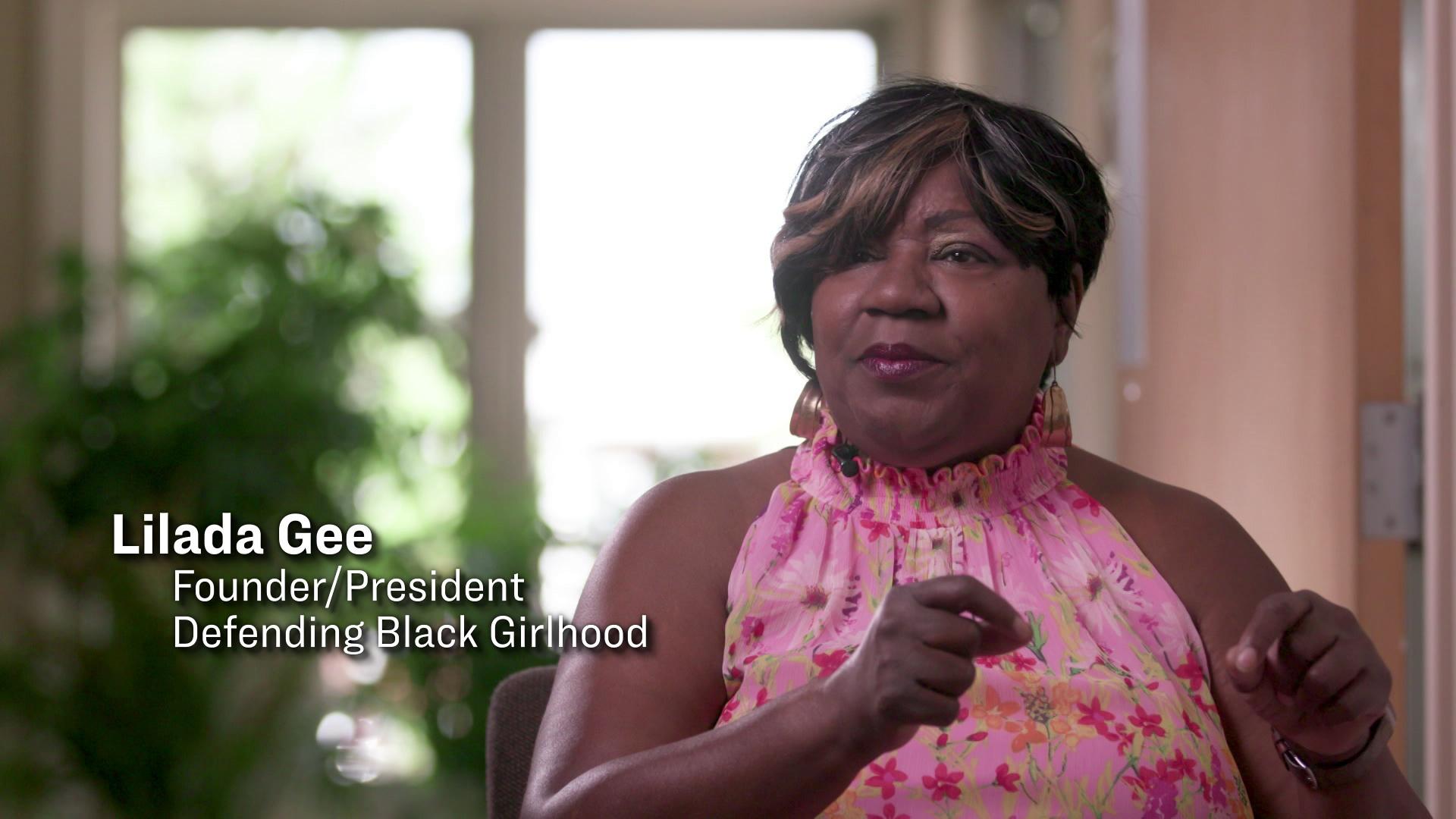
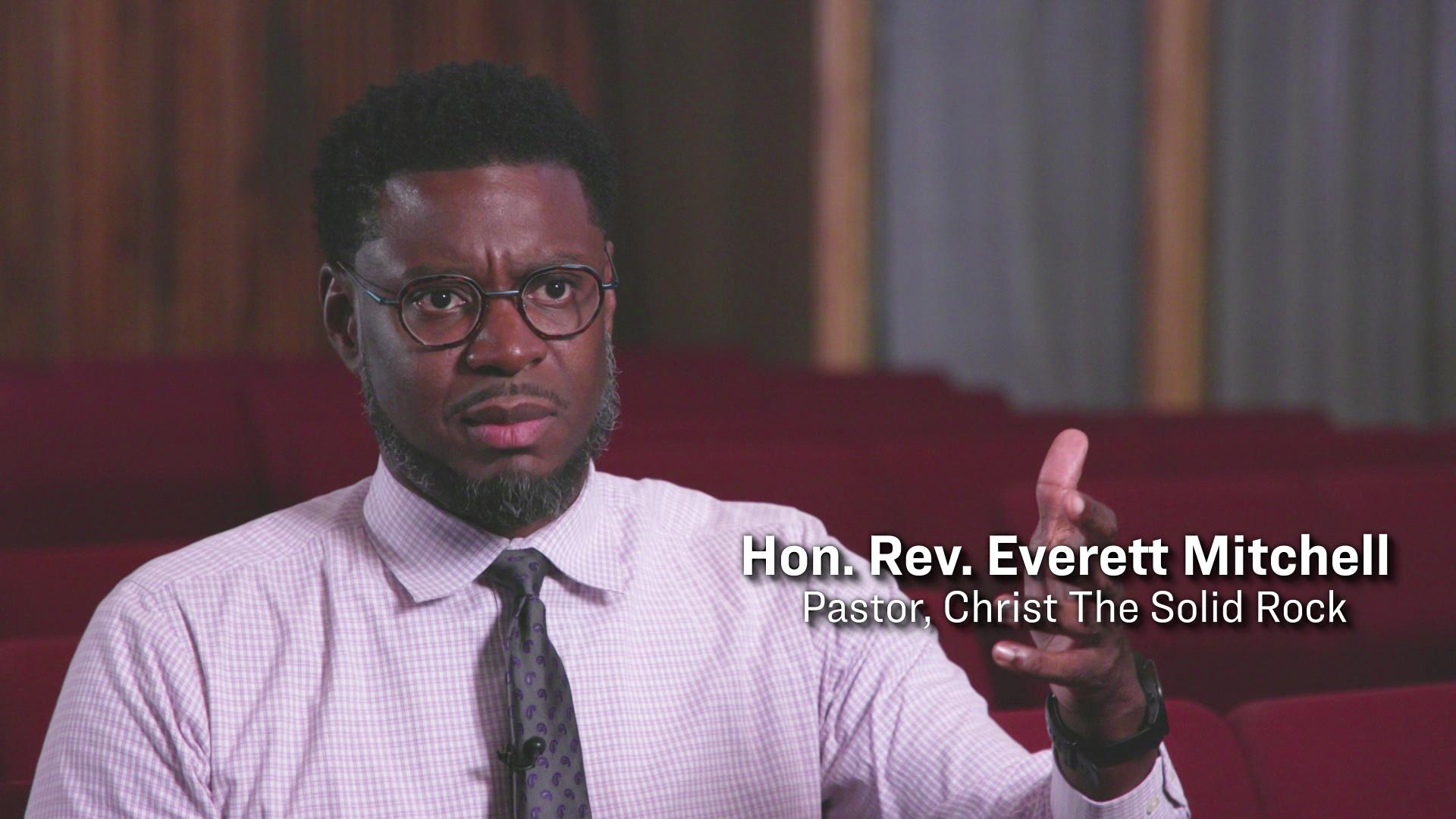
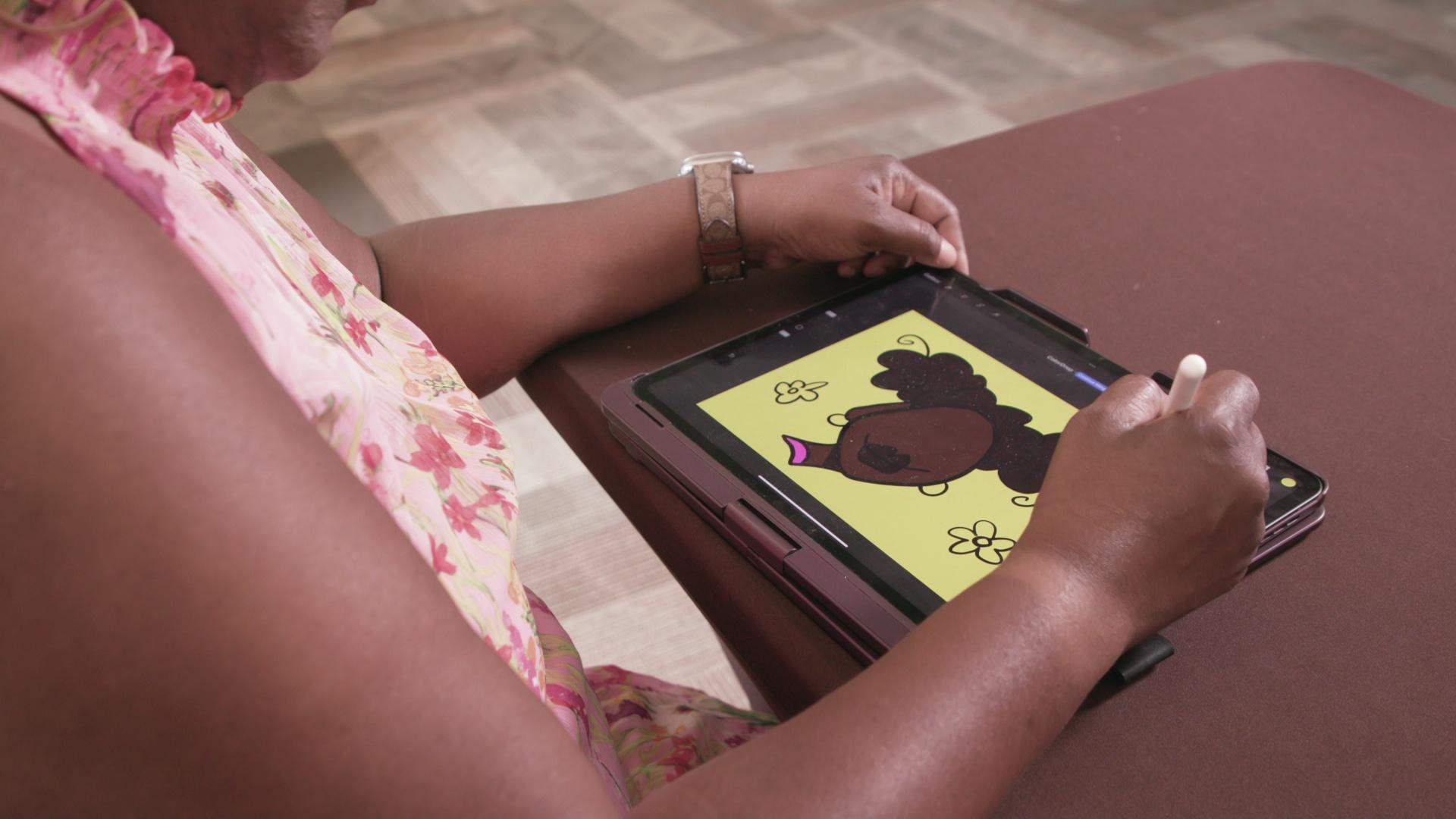
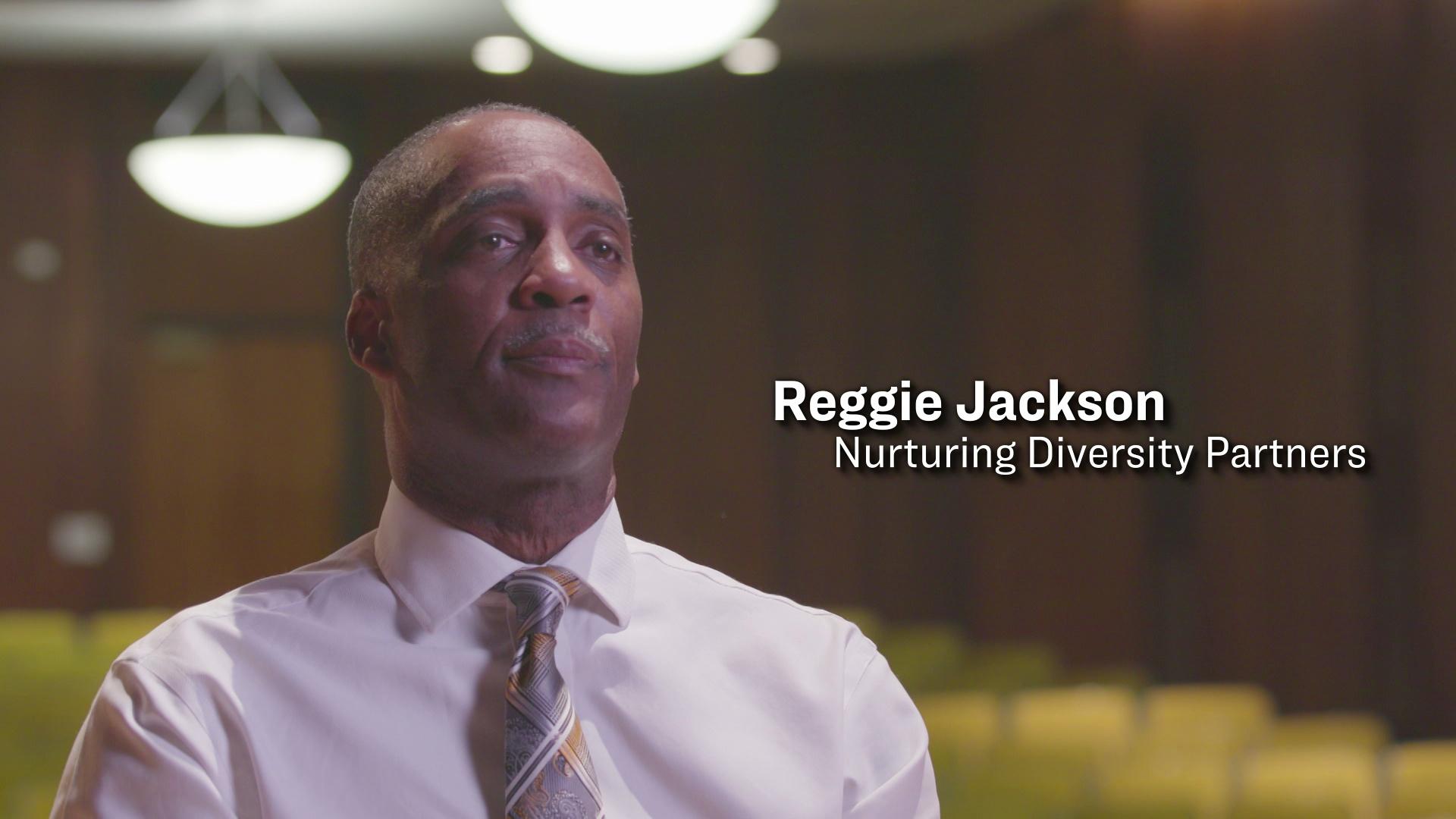
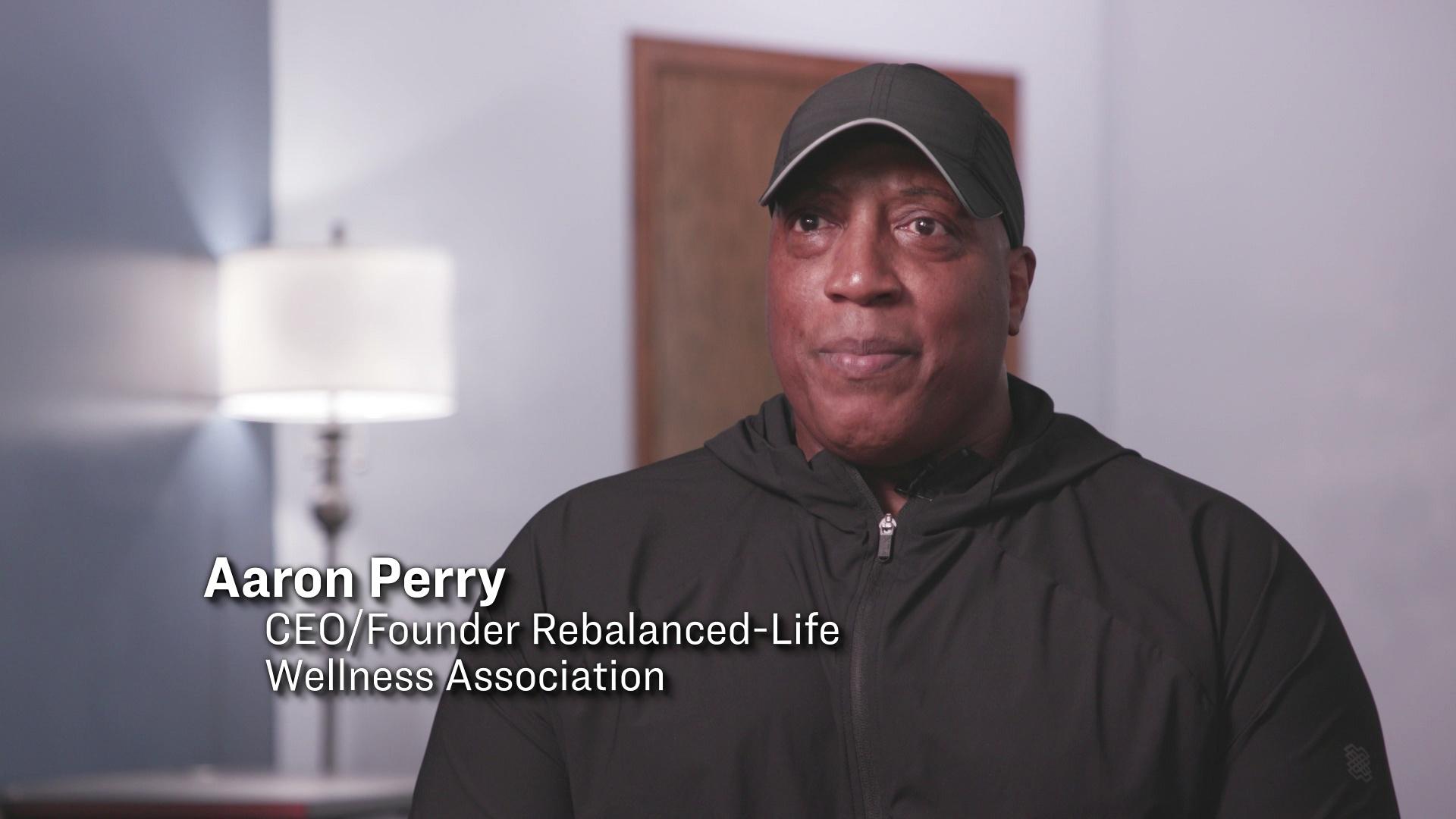
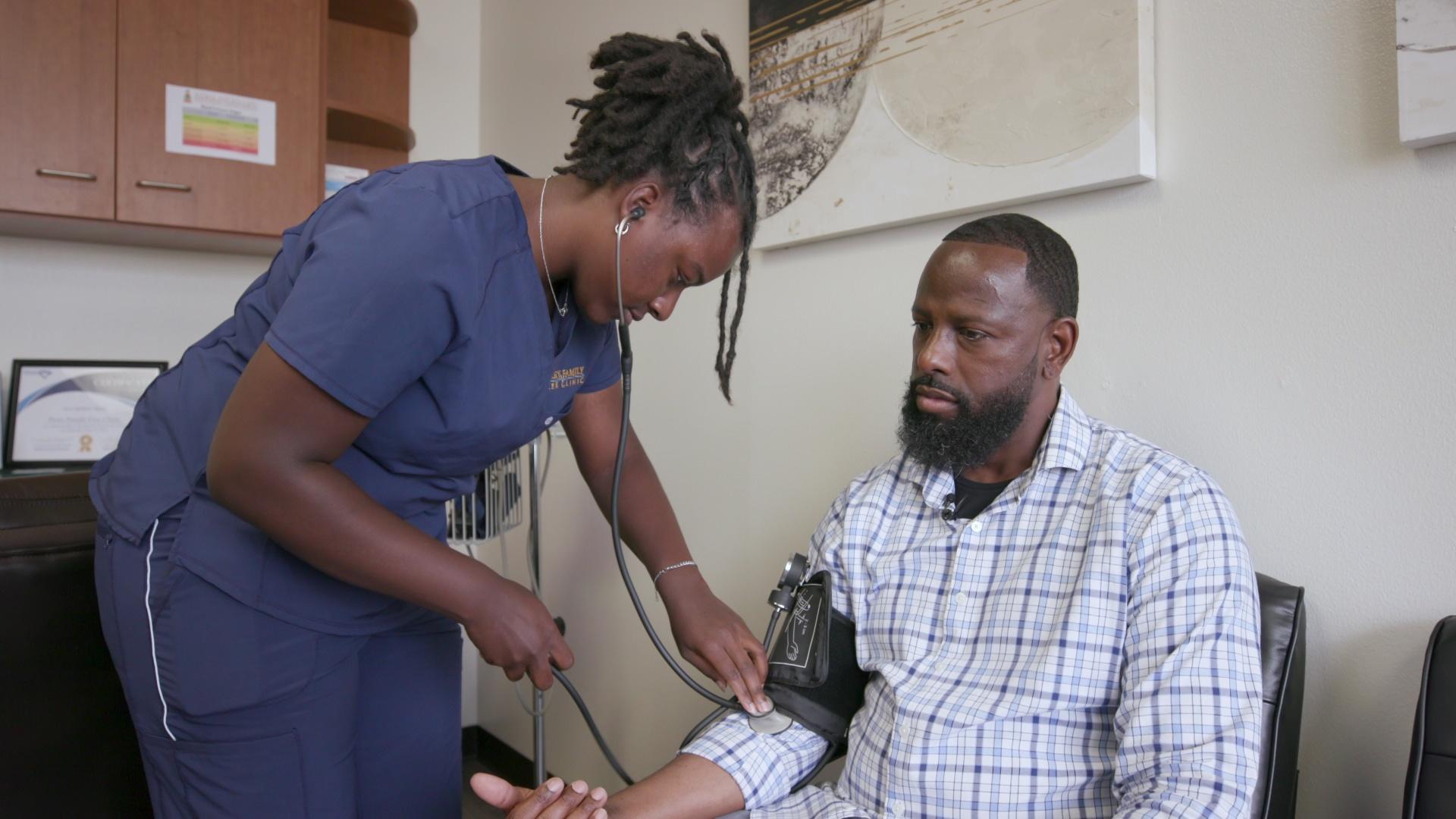

Follow Us